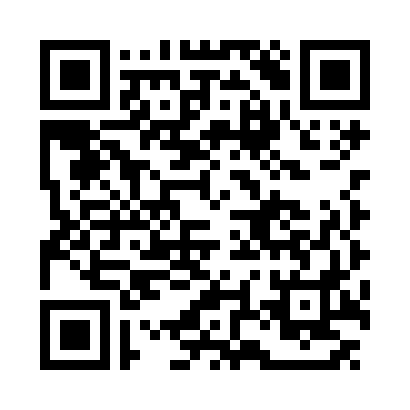Using Outrage for Good! Thinking about our values
Stage 2, Week 3 tutorial.

Tutor tasks
Did your tutees miss the tutorial? If so, use this link to send a pre-written email:
Session Overview
This tutorial helps students connect their core values to their career planning and daily actions.
Students often struggle to see how their current studies link to future goals; this session provides a practical framework for values-based decision making, and setting SMART goals for the next weeks and months.
It starts with an icebreaker: We use the things that most frustrate/anger us to identify what matters most (core values).
Introduction
Welcome students
Explain that today’s session focuses on values-based career planning.
Many students feel overwhelmed by career choices or disconnected from their daily actions.
This session will help identify what truly matters to them, and use these insights to guide their activity.
1. Ice Breaker
Using Outrage for Good!
These days, everyone seems angry about something.
Rather than dismissing that anger, let’s use it.
Our strongest frustrations sometimes point to the values that matter most to us.
Prompt students
- Over the past year…
- What 2–3 things that really annoyed you?
- Moments when you felt genuinely frustrated or outraged?
- Don’t have to be “serious”; anything from climate inaction to queue jumping.
Discuss in pairs Share examples with the person next to you. Perhaps 3-4 minutes
As a group Invite 2–3 volunteers (min) to share examples.
Prompt reflection
What do these annoyances reveal about what you actually care for?
For example, if stealing milk from the fridge drives you mad, perhaps you really value respect or honesty?
If online misinformation winds you up, maybe you care deeply about truth and accuracy?
As a group Invite discussion about what their annoyances reveal.
2. Values Discovery
Direct students to the long list of values here, or scan this QR code to open the list on a phone:

Instructions for students, individually:
- Quickly scan and select all the values that resonate with them (2-3 mins)
- Check they have all highlighted at least 7 values, preferably more
- Second pass (1-2 minutes): Narrow down to exactly 7 values.
- Be sure these are values they desire for themselves, rather than admiring as qualities in other people.
- Final check: Are there any important values that were not on the list?
If students are stuck, remind them there are no right or wrong answers.
As a group
- Individuals or pairs share their 7 values they identified
While sharing (or after)…
- Notice any patterns in your group?
- Any surprises/conflicts?
Followup
- If we had to pick our the top 3 values, what would they be?
- Why do these values matter most to us?
3. Values and careers
As a group
- Ask each student what career plans they have (if any)?
- Go around the group to share plans…
Students are likely to be unsure/vague on plans. Remind them about good psychology-specific resources on the Prospects website
Discuss in pairs: “For each career path you are considering…”
- Which of your core values (especially the ‘top 3’) would this work fulfil? How/why?
- What values might be compromised or in conflict?
If they don’t have specific career plans, ask
- What career paths might connect them to the values they have identified?
Prompt reflection
- Had students considered why particular career paths appealed to them?
- Could thinking about their values help as they research careers?
- How much do the students feel they know about their chosen careers? Are they aware of training pathways, difficulty to access the profession, rates of pay, work-environment, etc?
4. Values and goals
Career choices and jobs might feel quite distant. But our values can only influence our lives if they guide what we do each day.
In this part we find more immediate goals that serve our values (and might help us move towards careers that align with them).
Discussion in pairs
Take turns with your partner
Recap your top 3 core values, the ones most important to you.
For each value, brainstorm 1-2 possible goals that would serve that value in practice.
Goals can relate to study, work, or personal life.
The goals should be SMART: that is Specific, Measurable, Achievable, Relevant, and Time-bound.
Example: If the value is Creativity, goals might be “Find a dissertation topic that allows me help design the study” or “Start a daily writing habit.”
For Justice, perhaps “Apply to volunteer in charity X by the end of the month.”
As a group
- Elicit some examples of goals
- Encourage students that these can relate to any aspect of their life (not just careers/study)
- Discuss: are the goals SMART?
- Work through some examples, checking
- Specific?
- Measurable?
- Achievable?
- Relevant?
- Time-bound?
- Can we make them more concrete, actionable, and realistic?
5. Imagining our future
Research (conducted at Plymouth) shows that having a clear mental image of your goals and the steps toward them helps maintain motivation.
We’re going to do a brief visualisation exercise to solidify the goals we just identified.
To prepare, think: “What could you do to get started?”. Some actions will be small — perhaps sending an email or looking up some information. Others will involve more steps — perhaps contacting someone, making a call, or a meeting in person. Is there something you could do today?